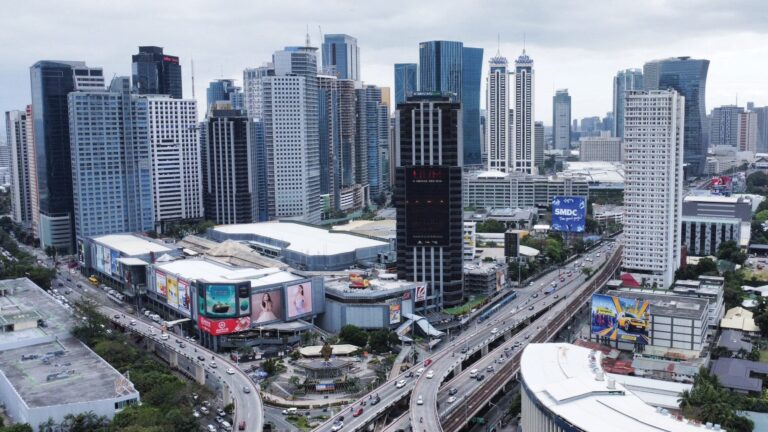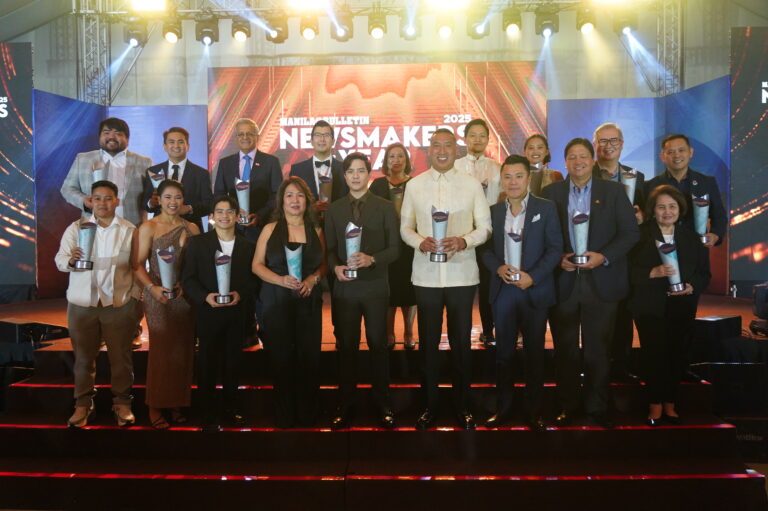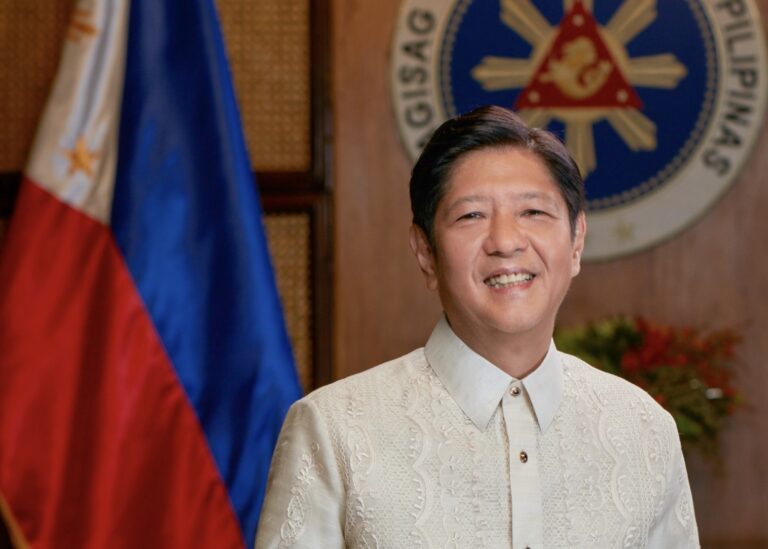“Making them (residents) realize that they do not owe anything to politicians, and rather, it is the other way around; thus, they can exact accountability from the people they elected.” Mayor Vico Sotto emphasized this as he said that his vision is to set a good example on participatory good governance, where communities enjoy a high …
“Making them (residents) realize that they do not owe anything to politicians, and rather, it is the other way around; thus, they can exact accountability from the people they elected.”
Mayor Vico Sotto emphasized this as he said that his vision is to set a good example on participatory good governance, where communities enjoy a high quality of life, a competitive economy, an ecologically balanced environment, and responsive, transparent, and accountable government.
Programs in the city like Ugnayan sa Pasig allow residents to provide feedback on the city’s projects, helping the local government identify areas for improvement.
According to Sotto, by opening its governance to the public and empowering them to engage, they become partners instead of being mere beneficiaries of the city’s programs.
The mayor said that they also instituted anti-corruption efforts such as reforms in the procurement process and human resource management and opening up the city government processes to its citizens.
“I would like to believe that when people know that city government funds are being spent prudently and invested to the right priorities, they willingly pay their tax dues. This, in particular, is important for Pasig, where the majority of its budget is locally sourced and its dependence on the national tax allocation is at the bare minimum,” the mayor explained.
With the good revenue collection, it ensures that the funds are spent efficiently and to the right programs, projects, and activities, which enables the city government to continuously provide inclusive, responsive, and prompt services to Pasigueños, not limited to services on health, education, housing, and other sectors.
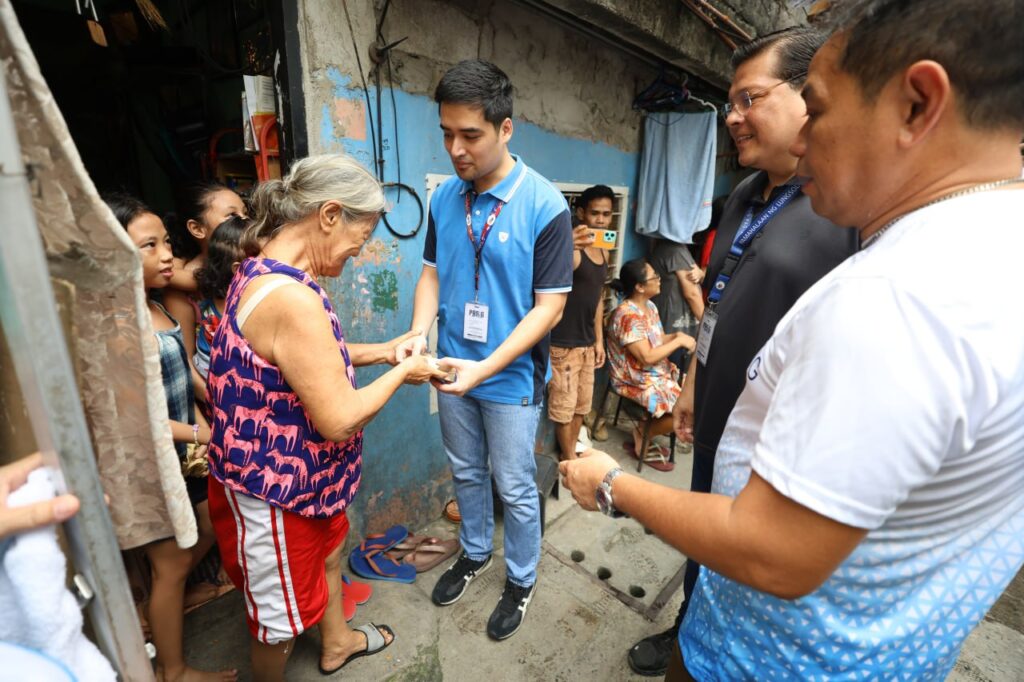
Health and education for all
With the implementation of Universal Health Care (UHC), the local government has been consistent in investing in its health sector and making programs and projects that would make its health services more accessible.
Currently, the city has 43 barangay health centers, of which 38 have dental clinics and five have centers with lying clinics, located across its 30 barangays.
It also ensured that health facilities nearest to the people are equipped with sufficient human resources and facilities, including dedicated doctors and Pasig Health Aides.
It also implements universal enrollment in PhilHealth, the No Balance Billing, which helped ease the financial burden among Pasigueños with medical problems.
“Acknowledging that sickness in the family can be catastrophic not only health-wise but can also cause financial burden to Pasigueños,” Sotto said.
Pasig City likewise advocates for equal access to education opportunities and lifelong learning, in which it has continuously expanded the beneficiaries of its scholarship program from 12,000 in 2019 to 25,000 in this year. The program includes students from both public and private schools.
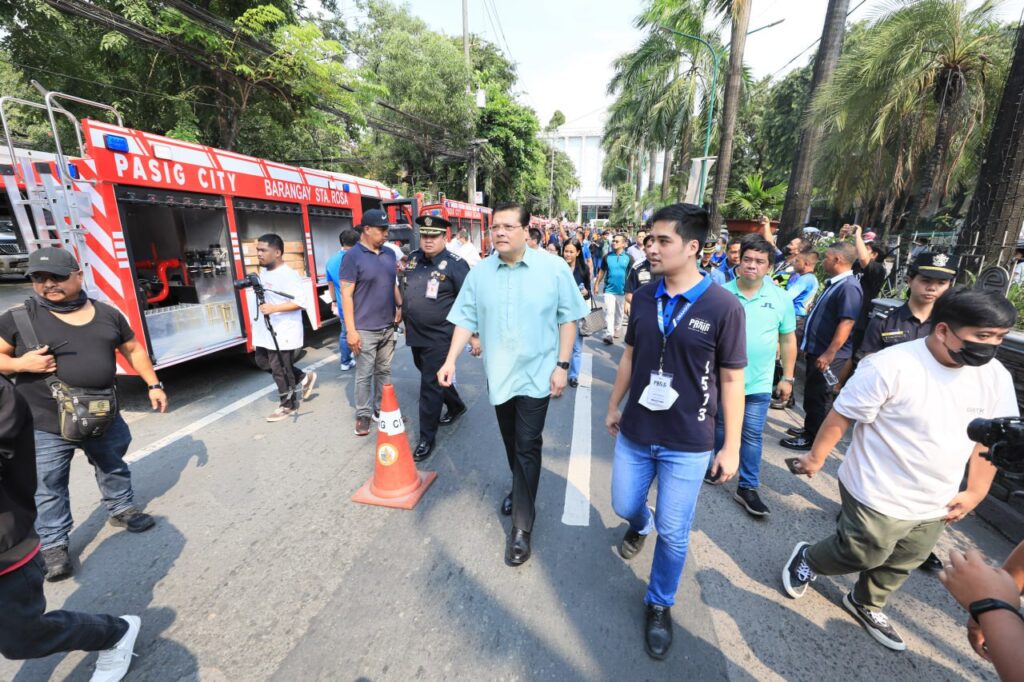
Fair treatment: a right, not a privilege
Good governance is not just about managing a city—it is also ensuring fairness for all. Under Sotto’s administration, fairness means no one is left behind; whether rich or poor, no matter who they are or what they have, everyone receives equal access to social services.
One of these are the Pamaskong Handog food packs, which are given to all Pasigueño families, regardless of their affiliation and status in life, where the goods are delivered directly to their doorsteps.
The same method of distribution was also applied when they provided emergency go bags to every family in the city to increase their disaster preparedness.
‘Exacting accountability’
The local government has also set up a Social Welfare Assistance Center (SWAC), where various types of financial assistance can be availed of, such as medical, burial, and educational, among others.
“The institutionalization of SWAC facilitated veering away from patronage politics—where Pasigueños in need wouldn’t have to go to offices of elected officials for solicitations, rather, assistance is centralized and institutionalized through the SWAC,” the mayor said.
In addition, the local government gives equal amounts of financial assistance to each barangay, regardless of the chairperson’s political affiliations. Barangays with a big population receive P5,000,000 and P3,000,000 for barangays with small populations.
Barangays are also provided with service utility vehicles, fire trucks, patient transport vehicles, and even automated external defibrillators so that they can respond to the needs of their residents faster.
Through these reforms and initiatives, Sotto’s administration continues to lead Pasig toward a future of equitable and inclusive growth, where residents are empowered and governance is truly for the people.
(Photo) Pasig City Mayor Vico Sotto




